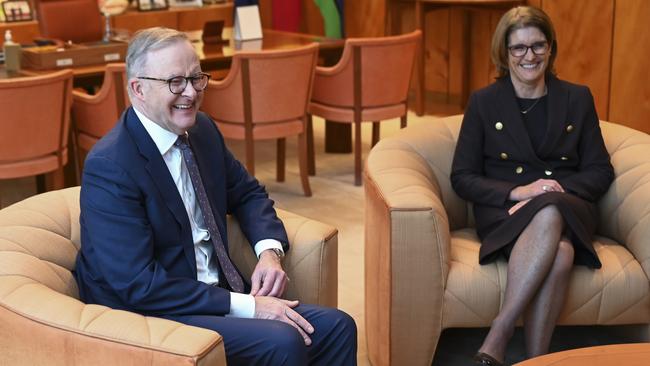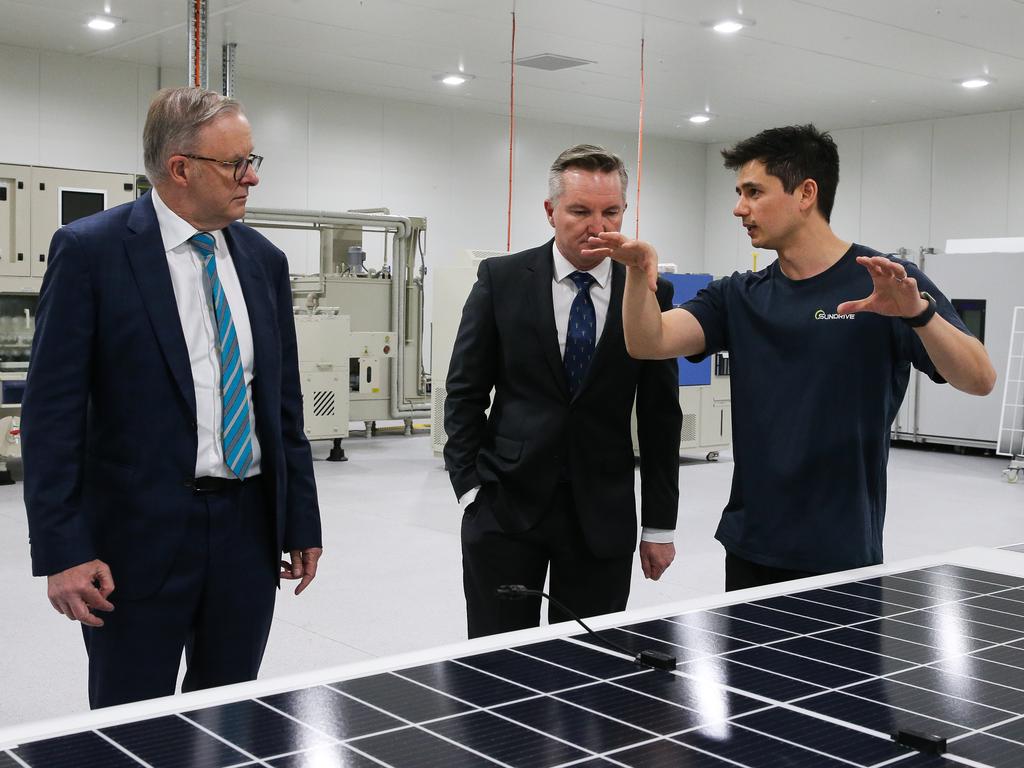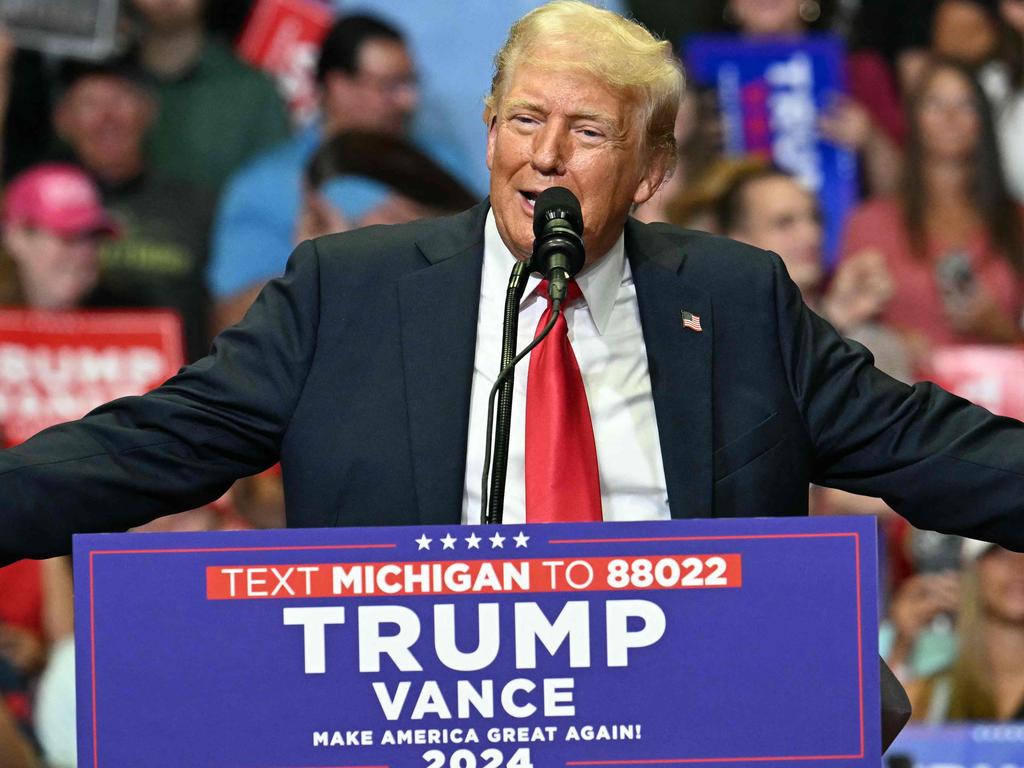‘Timid’ RBA risks credibility blow, economists warn
The Reserve Bank’s ‘timid’ response to persistently high inflation has created the biggest threat to the independent central bank’s credibility since the early 1990s, leading economists warn.

The Reserve Bank’s “timid” response to persistently high inflation has created the biggest threat to the independent central bank’s credibility since it began targeting low and stable consumer price growth in the early 1990s, leading economists warn.
And a new survey has revealed only a quarter of Australians believe cost-of-living pressures will ease over the coming year, issuing a major warning to a Labor government that insists its economic strategy is the right one ahead of an election by May.
SEC Newgate’s latest Mood of the Nation survey showed nearly three-quarters of Australians blamed “government policies and taxes” for being a large or medium contributor to inflation and high cost of living.
Official statistics on Wednesday are expected to show an unwelcome reacceleration in inflation to 3.8 per cent in the year to June, from 3.6 per cent in March, raising fears the RBA will be forced to hike rates for a 14th time next Tuesday or risk extending a cost-of-living crunch that has smashed most households’ living standards and flattened economic growth.
Judo Bank chief economic adviser Warren Hogan said the coming 10 days would be “one of the most important periods of Australia’s economic history”.
“Most people don’t think the RBA will raise rates even if inflation is clearly not falling. If so, that will mark a fundamental change in the way the RBA has dealt with inflation in the last 30 years – that is, it would say that they are clearly not as committed to get inflation down as they have been over the past three decades,” he said.
Mr Hogan said the RBA’s flawed guidance under former governor Philip Lowe, that rates would stay at virtually zero “for years”, only for the central bank to raise rates 13 times in 18 months, had delivered a crushing blow to its reputation.
“This is not about explicit pressure from the leadership of the country – although that probably does exist. What the RBA is, or should be, worried about is their standing with the Australian people,” he said. “If they raise rates now a couple of times and the economy does tumble into recession, then that further damages their standing. But that cannot get in the way of the job they are charged with doing.”

Inflation is running at less than half the 8 per cent peak reached at the end of 2022, as the most aggressive series of interest rate increases in a generation worked to slow the economy. Despite this progress, the RBA is predicting inflation will only drop below the top of its 2-3 per cent target range by mid-2025, which would leave price growth outside the target for an unprecedented four years.
Challenger chief economist Jonathan Kearns said the central bank had successfully passed two previous notable tests to its inflation-fighting credentials, in 1995 and in 2007, but, with a potentially hot consumer price report looming, the challenge to the RBA’s credibility now was the greatest it had ever been.
“Failure looks like inflation stuck above 3 per cent,” said Dr Kearns, a former long-serving senior RBA official. “Some people would argue that’s not a huge cost – but we do believe there are costs to higher inflation.
“So if failure means inflation expectations creep up, then returning inflation to 2.5 per cent becomes even more costly in terms of unemployment losses
“I think they have been a bit too cautious, and in effect we are seeing that in the policy position they are in relative to other central banks who tightened more and so are better placed to bring inflation under control.”
The Mood of the Nation survey revealed a dwindling faith in the country’s ability to ease intense, sometimes crippling cost of living.
The survey showed only 25 per cent of respondents believed inflation would be lower in a year’s time – down from 40 per cent in February. Nearly half – or 46 per cent – of Australians believe the RBA will hike rates next week.
And despite the billions spent on lowering electricity bills through generous household power rebates, slightly more than three in four respondents cited the rising cost of electricity as contributing to a large or medium extent to inflation, the survey showed. Roughly 70 per cent of Australians blamed businesses raising their profit margins.
Anthony Albanese on Tuesday, however, denied the $20bn in tax cuts flowing to workers in 2024-25 was fuelling inflation, and that his government was “dealing with cost-of-living pressures” partly through fiscal discipline.
“Instead of the massive Liberal deficits, we have had consecutive Labor surpluses,” the Prime Minister said.
“We have done that while achieving cost-of-living support … All of our cost-of-living measures, importantly, (are) designed in a way that puts that downward pressure on inflation.”






To join the conversation, please log in. Don't have an account? Register
Join the conversation, you are commenting as Logout